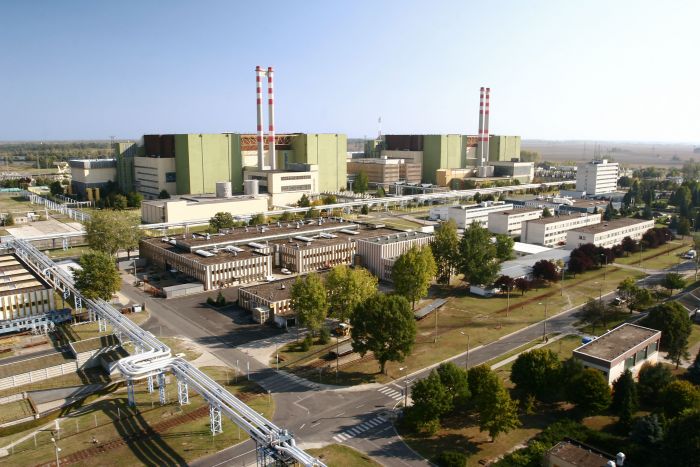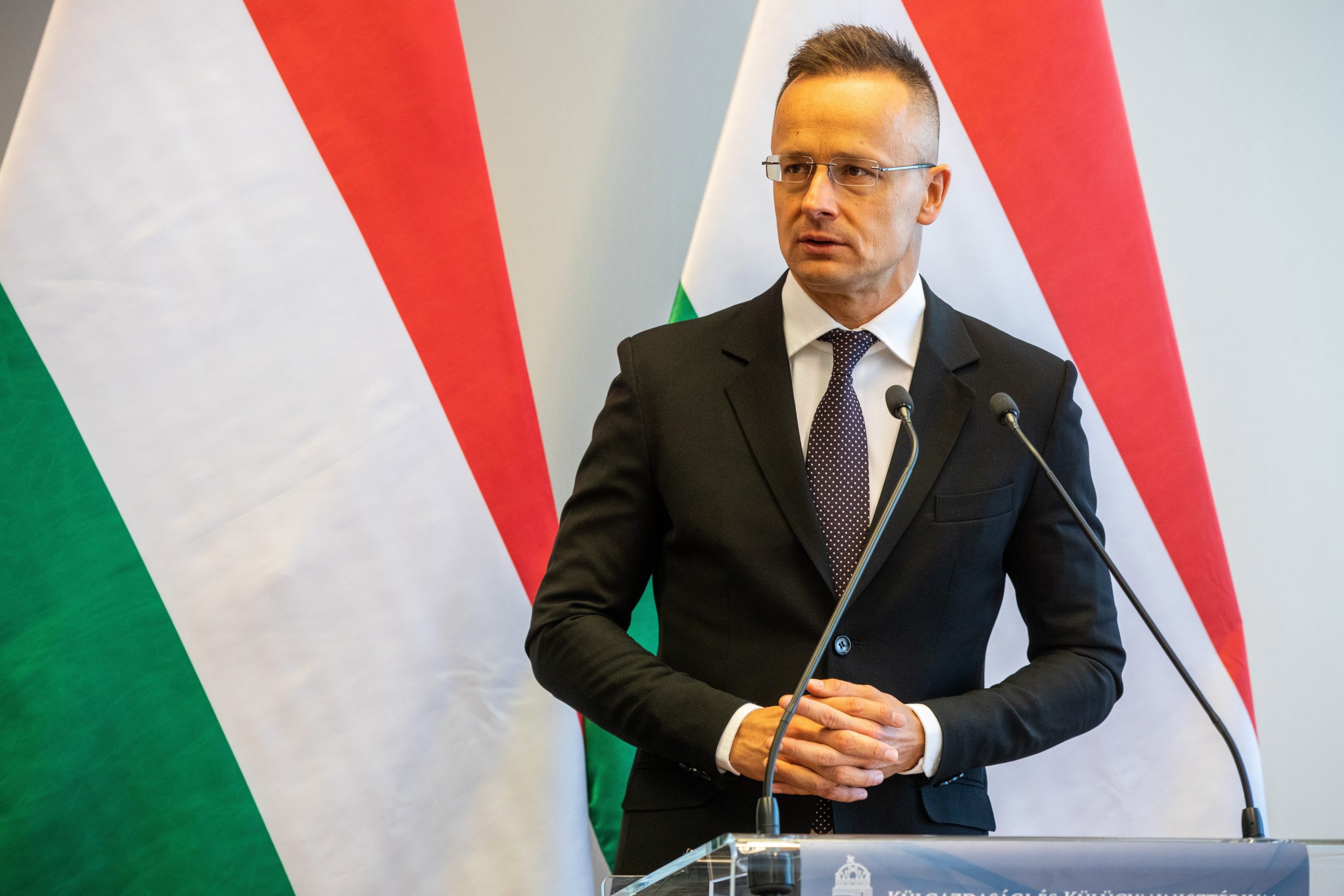
Prime Minister Viktor Orbán has stressed that the project must not fall victim to the sanctions against Russia, which is financing 80 percent of Paks 2.Continue reading

Completion of the upgrade of Hungary’s Paks nuclear plant is in the country’s economic and security interests, Foreign Minister Péter Szijjártó said after talks with Alexey Likhachev, the head of Russia’s Rosatom company, in Istanbul on Thursday.
At the talks, Rosatom leaders “assured the Hungarian side that in terms of technology they are able to complete the project”, Szijjártó told MTI.
The Hungarian atomic energy authority is in the process of reviewing permit applications and once those permits are issued “construction could enter its next phase”, the minister said. The upgrade project, in which two new blocks will be added to the plant, will make Hungary’s energy supply “more secure and more predictable”, he added.
Szijjártó said the global energy markets were facing “appalling challenges”, adding that “countries such as Hungary, which fundamentally rely on imported energy, will be especially impacted by those difficulties”. It is in Hungary’s interest to increase its energy production, which requires increased capacities and nuclear energy offers the greatest potential to achieve that goal, he said.
Nuclear energy is “cheap, safe, and environmentally friendly”, and could be instrumental for Hungary to “retain the achievements of the utility cuts program and meet environmental protection goals”, he said.
Szijjártó noted “international disputes and challenges concerning energy sectors based on daily supplies, such as of gas and oil”, saying it was crucial for Hungary to promote nuclear energy production, for which fuels could be amassed for years ahead, and which could “ensure significant independence and stability in energy production”.
Featured photo by Tibor Rosta/MTI